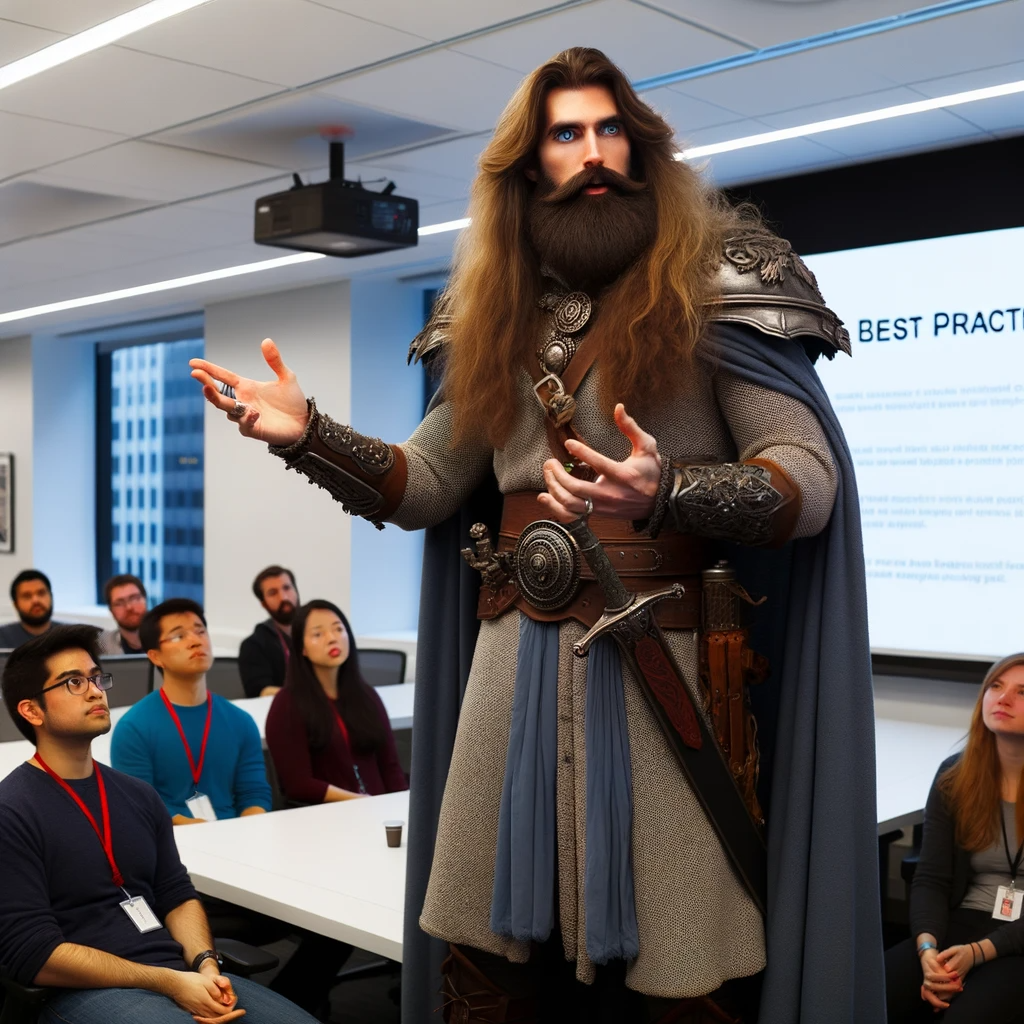Inspiration is not optional
Posted

It’s not hard these days to figure out what tools, processes, and skill sets might be lacking in your organization. At this point, DevOps and agile maturity have permeated our consciousness. And yet organizations still struggle to make improvements as quickly as their leaders want to. I want to zoom all the way in on the individuals who are branded as the agents of that change (devops and agile leaders) and talk about a single quality: inspiration.
In the movie Braveheart, William Wallace exhorts Robert the Bruce to understand that “people don’t follow titles, they follow courage.” Similarly, people don’t change their behavior because of a great powerpoint deck, they change when they are inspired. If you find yourself frequently frustrated because your colleagues “don’t get it” and you struggle to build allies in targeted efforts of improvement with you, you need to take a hard look in the mirror. Ask yourself: when people leave a meeting or conversation with me, do they feel positive about the message I was delivering?
There can be several reasons why they might not.
- Is your description of the target state so far from where they are that it might feel unattainable?
- Are you coming off as uncompromising, or unwilling to listen?
- Do you use morality vocabulary to describe things? Ie, “you need to start doing things the right way” or “do the right thing” when pushing for a new process or tool adoption.
- Do you believe that they are obligated to listen to you or to adopt change?
I see change agents struggle in this way far too often. When they ask me for advice on how to be more effective, I’m often tempted to ask them whether they can name a single specific deliverable a team is committed to. How easily we forget that our companies do not exist to be world class devops shops!
Don’t fall into the trap of assuming a position of moral superiority. Don’t make the only acceptable state so incredibly far away that people lose the will to start the journey. Be like the Oracle in the Matrix: tell people what they need to hear in order to walk the path.
If a team is crushed under the weight of their commitments to deliver, find ways to help them rather than add even more work to their plates. Example: Your idealistic model of responsibility might restrict your devops tools team from setting up a monitoring dashboard for a product team because “you build it, you run it”, but compromising on that in the short term to build support and prove value in what you are pushing may be worth it.
Don’t lose sight of the big picture of why your company exists, and how it survives.
